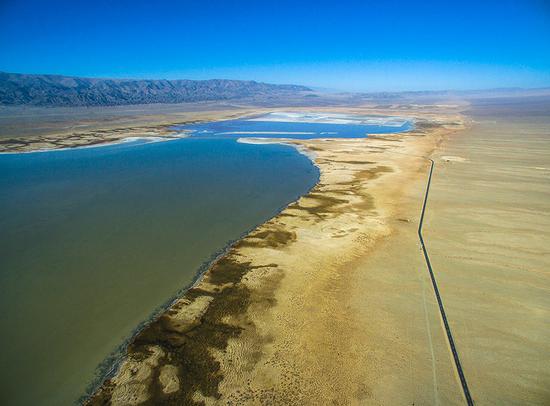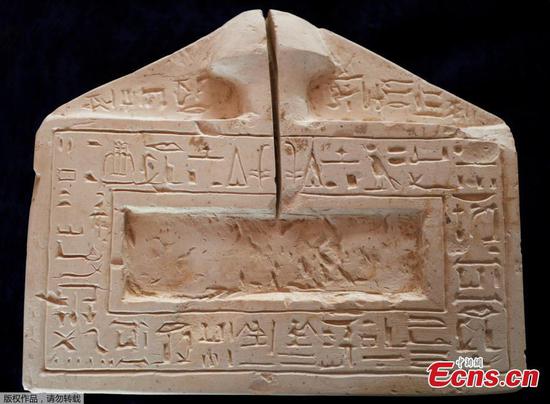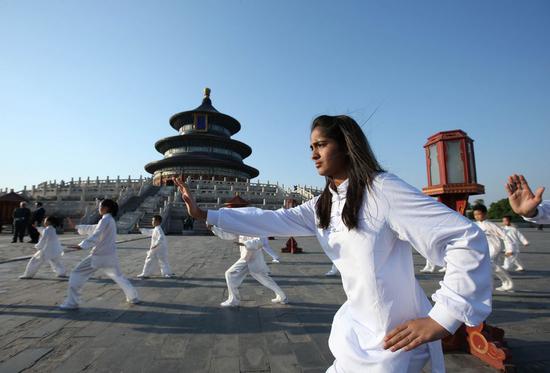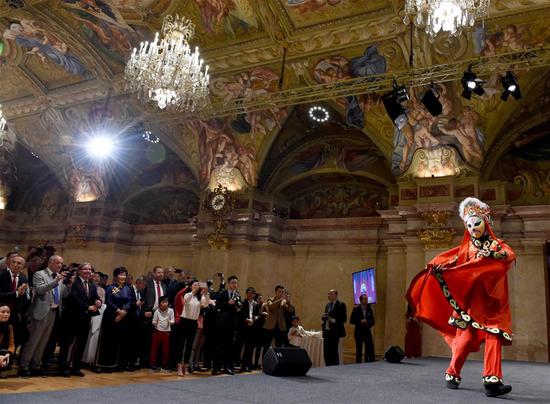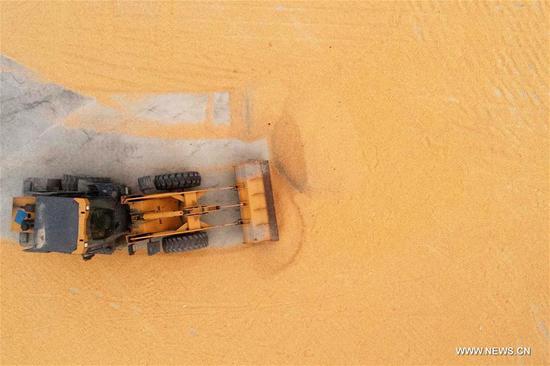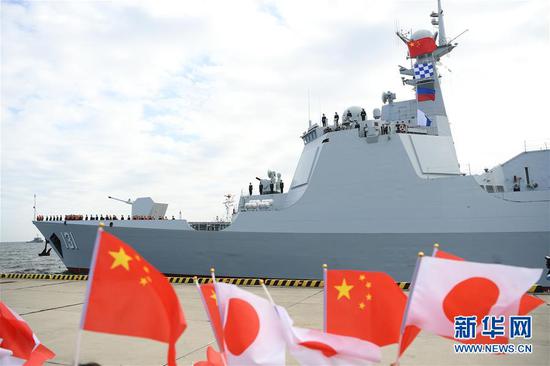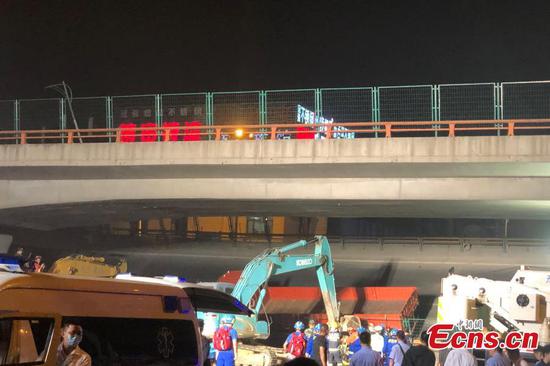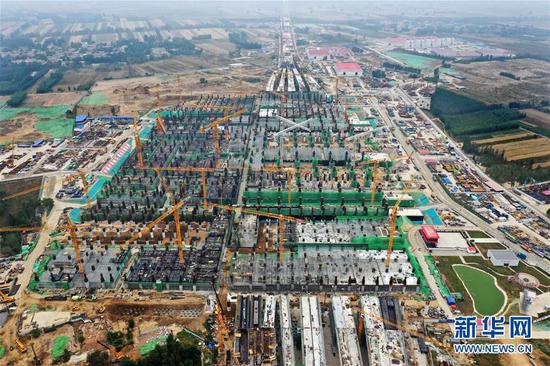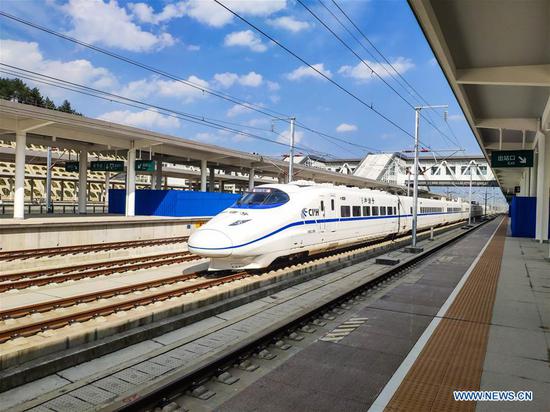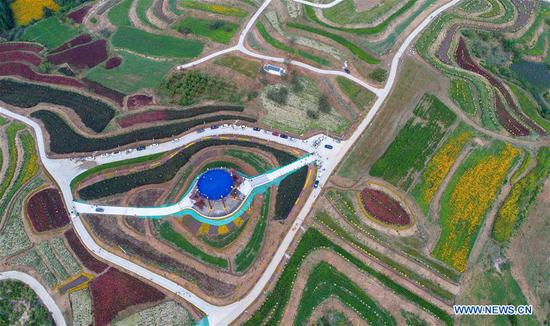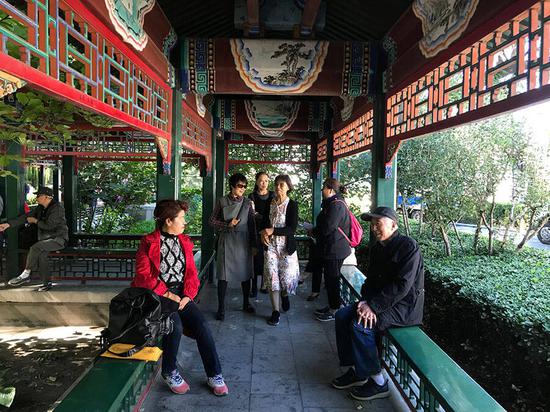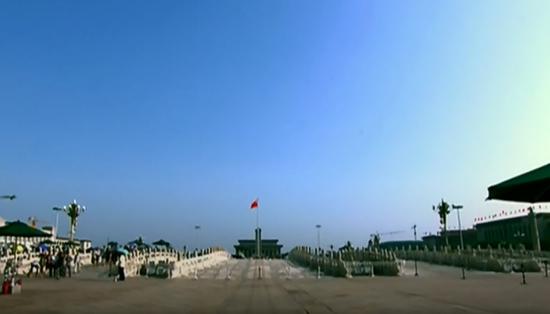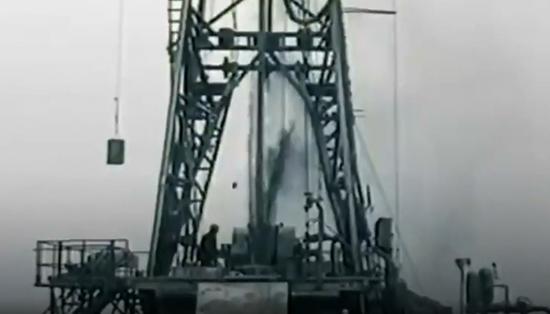The establishment of the basic system of socialism in China, a country with a population of 600 million, was an event that shook the world. The whole nation was united as one in a demonstration of passion and vigor, devoted to constructing their socialist country.
Oil is the industry’s lifeblood.
The Western countries were continuing to impose their economic blockade to China. They claimed that China had little by way of oil reserves, and that the oil shortage would strangle China’s industrial development.
But the Chinese people didn’t believe this.
"If we have the conditions, we do it. If we don’t have them, we create them," said Wang Jinxi, a drilling worker.
However, pressure build-up underground caused a blowout.
Realizing the danger, Wang Jinxi leapt into the alkaline cement slurry, and mixed it, using his body. In this way, he and his colleagues sealed the blowout.
In 1963, crude oil production at the Daqing Oilfield reached almost 4.4 million tons, accounting for over two thirds of the national output.
In those years of burning passion, the country’s vast rural areas also witnessed miracles.
With a rope tied around the waist, people would leap down the mountainside. Clinging to the cliffs, they drilled blast holes. They appeared remarkably relaxed, considering the slightest mistake could have cost them their lives at any moment.
They were cutting through the Taihang Mountains to reach the Zhanghe River. The people of Linxian County were determined to reshape nature. Working among the imposing Taihang Mountains, they created a 1,500-kilometre long “river in the sky”, otherwise known as the Red Flag Canal.
Finally, Linxian people achieved their dream. They had ended their long history of drought.
The national economy was developing, based on agriculture and led by industry. In just 20 years, China succeeded in establishing an independent and comprehensive industrial system and national economy.
Similar achievements had taken two centuries in the West.
On February 21, 1972,Mao Zedong met Richard Nixon.
The international landscape was about to be transformed. But Mao simply smiled at Nixon, and said: “Let’s focus on philosophical issues. Leave the details to them.”
Six days later, China and the U.S. signed the Joint Communique, beginning the normalization of bilateral relations.
The blockades imposed on China by the Western countries for over 20 years ended. China was becoming a major force for upholding justice and maintaining world peace; China could no longer be ignored.
In a great era of burning passion, no one could “bear ten thousand years’ delay.” The People’s Republic of China could not afford to stand still, as it confronted the challenges ahead.









